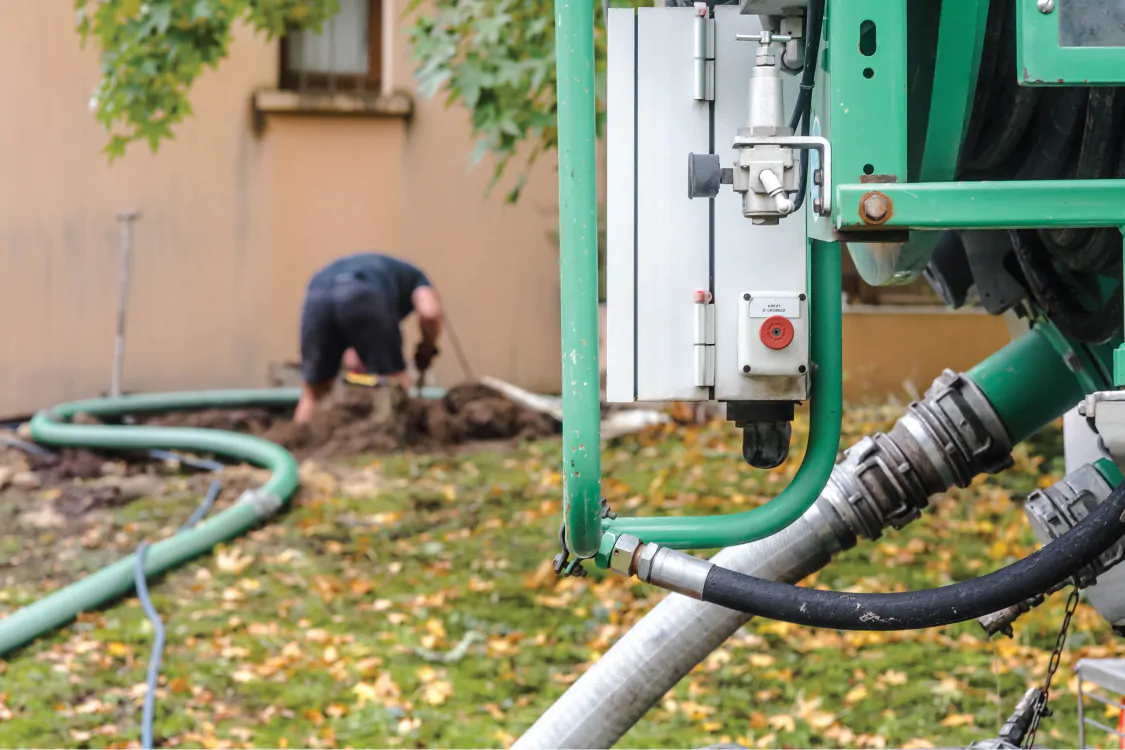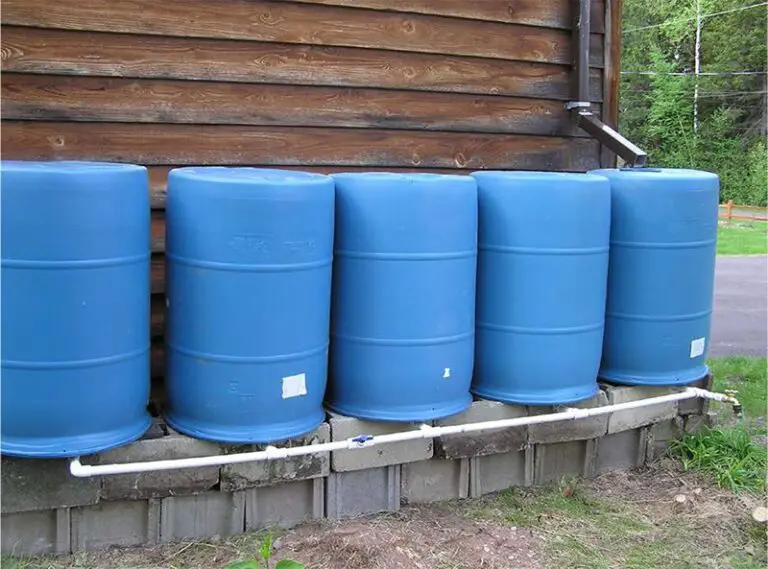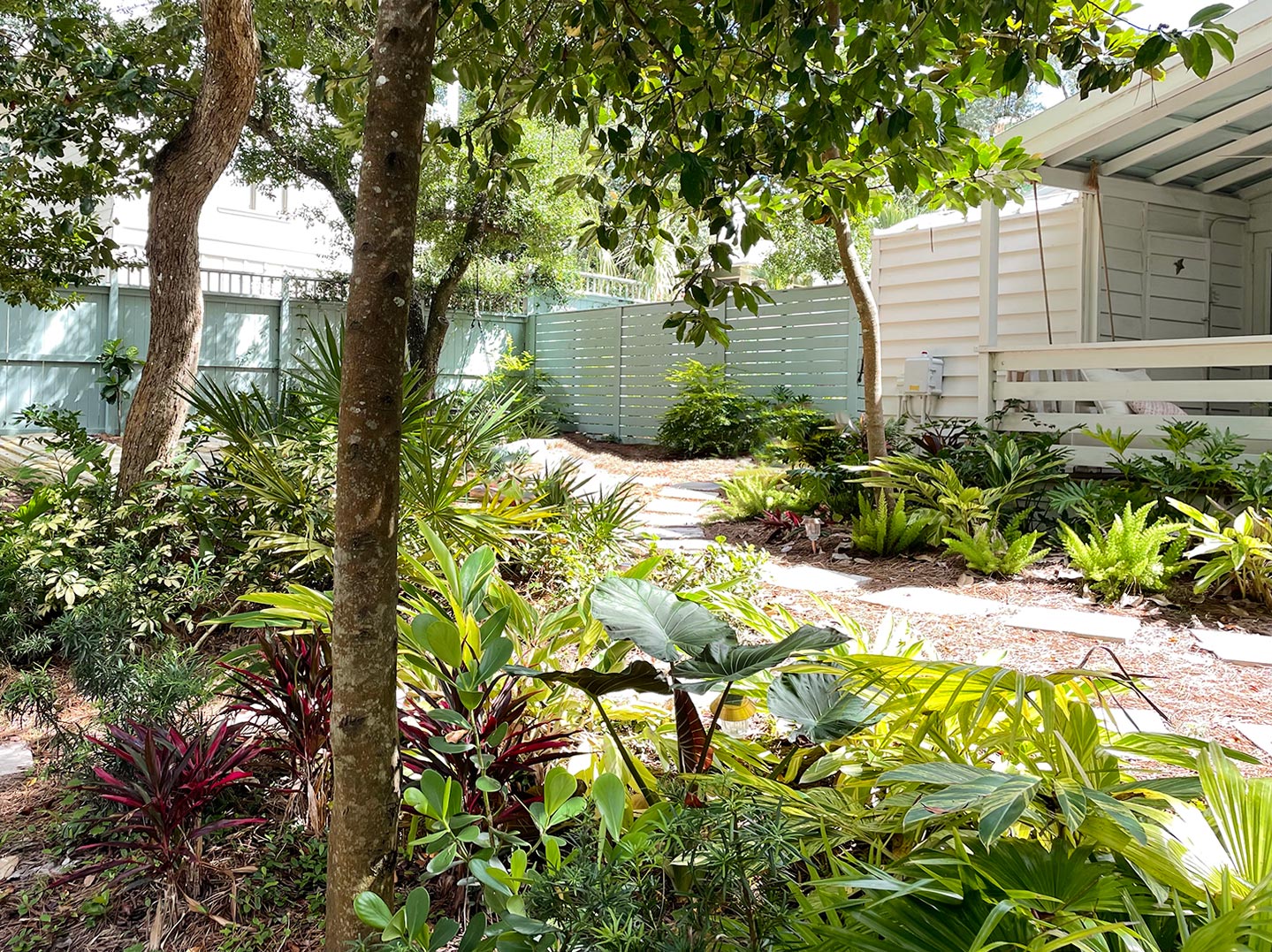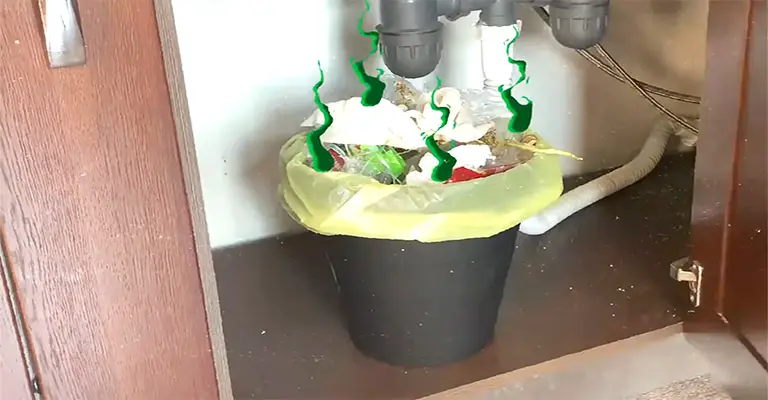Understanding Septic Tank Pump Costs
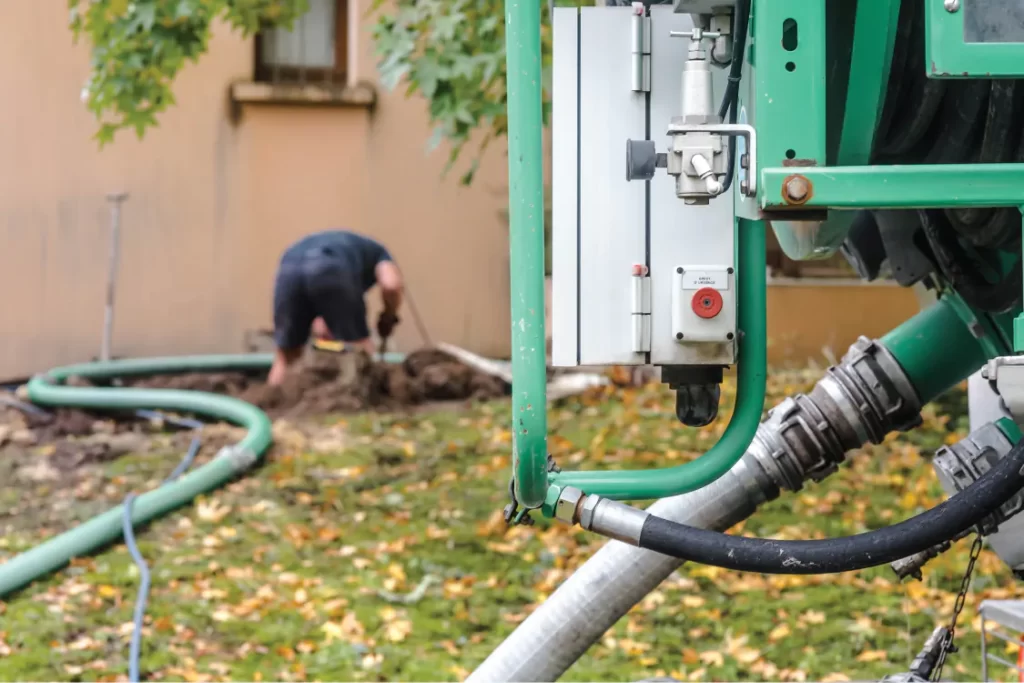
A well-functioning septic system is an essential component for many homes, particularly in areas not connected to a municipal sewage system. One of the most vital maintenance tasks for a septic system is pumping out the tank, which ensures it operates correctly and extends its lifespan. But how much does it actually cost to pump out a septic tank? Let’s delve deeper into septic tank pump costs and the factors that influence them.
Why Pumping is Necessary
Before discussing the costs, it’s imperative to understand why pumping is crucial. Septic tanks handle waste by separating solid matter from liquids. Over time, the solids settle at the bottom and form a sludge layer. When this layer becomes too thick, there’s a risk of solids entering the drain field, which can cause severe and costly damages. Hence, regular pumping is essential to prevent this buildup and keep the system running efficiently.
Average Septic Tank Pump Costs
Generally, the national average cost to pump a septic tank ranges from $250 to $500. However, this is a broad range, and actual costs can fluctuate based on several factors. For a standard 1,000 to 1,500-gallon tank, homeowners might expect to pay within this average range. But for larger tanks or those with complications, the costs could rise.
Factors Influencing the Cost
Tank Size
The larger the tank, the more work is required to pump it out, leading to higher fees. A 2,500-gallon tank, for example, will typically cost more to pump than a 1,000-gallon tank.
Frequency
If a tank hasn’t been pumped in many years, it might be fuller and require more time and effort. Regular maintenance can help reduce costs in the long run.
Accessibility
If your tank is hard to access due to landscaping, structures, or other obstructions, the pumping company might charge more for the added labor and time.
Disposal Fees
Some regions might have higher disposal fees than others, which can add to the total cost.
Inspection and Additional Services
Many homeowners opt for a septic inspection during pumping. This can add to the cost but is often recommended to ensure the entire system is functioning correctly. Additionally, services like filter cleaning or baffle repair might come with extra fees.
Local Market Conditions
Like any service, prices can vary based on local demand, competition, and cost of living.
Ways to Save on Pumping Costs
Regular Maintenance
Regularly scheduled pumping (every 3-5 years for an average household) can help prevent more significant issues and, in turn, higher costs in the future.
Educate Your Household
Ensure every member of your family knows what shouldn’t go down the drain. Avoid flushing non-degradable items and minimize the use of heavy chemicals, as these can affect the septic system’s health.
Use Water Efficiently
The less water entering your septic system, the less frequently you’ll need pumping. Installing high-efficiency toilets and using water-saving practices can prolong intervals between service appointments.
Shop Around
Get quotes from various service providers in your area. By comparing prices and reading reviews, you can ensure you’re getting the best deal without compromising on quality.
The Bigger Picture
In the grand scheme of homeownership, the septic system, although usually out of sight, should never be out of mind. It plays a pivotal role in ensuring the proper disposal of wastewater. An issue with your septic system can not only lead to immediate costs related to pumping and repairs but can also bring about health concerns, damage to the environment, and plummeting property values.
The Ripple Effect of Neglect
Skipping regular maintenance or ignoring the need for pumping can lead to a domino effect of complications. Overflows can contaminate local water sources, risking public health. Additionally, a malfunctioning or overwhelmed septic system can lead to unpleasant odors, soggy yards, and the proliferation of disease-causing bacteria.
Such issues not only demand urgent attention, often leading to higher emergency service rates but can also make the property less appealing. In the context of real estate, a faulty septic system can drastically reduce a property’s market value and appeal, making it harder to sell or even rent.
Investing in the Future
Just as one would invest in quality roofing or a solid foundation, the septic system deserves the same attention. The costs of pumping and maintenance, when spread out over the years, are minimal compared to the costs of addressing a full-blown septic system crisis.
Moreover, there’s a broader environmental responsibility that comes with owning a septic system. Proper maintenance ensures that groundwater remains uncontaminated, local ecosystems are undisturbed, and the environment at large is safeguarded.
Final Words
The septic tank pumping cost should never be an afterthought. While it’s tempting for some to consider DIY septic tank pumping to potentially save on septic tank maintenance costs, the complexity of managing solid waste and the risk of damaging the septic system often outweigh the savings. A minor oversight can lead to significant septic tank repairs, increasing the overall septic pumping costs in the long run.
Every homeowner needs to weigh the benefits of professional septic system maintenance against the potential pitfalls of self-maintenance. Using garbage disposal frequently or neglecting a timely sewer line inspection can quickly escalate the need to get the septic tank pumped, making the septic tank work harder and reducing its efficiency. Remember, while connecting to a municipal sewer system might seem like an attractive alternative, it comes with its own costs and complexities.
The subtle interplay between septic tank cost, the overall plumbing system, and routine maintenance dictates the health of septic systems. Avoiding costly repairs and ensuring efficient operation is a balance between timely professional intervention and responsible in-home practices. Investing wisely today in septic tank pumping costs can prevent financial strains and septic disasters tomorrow.

